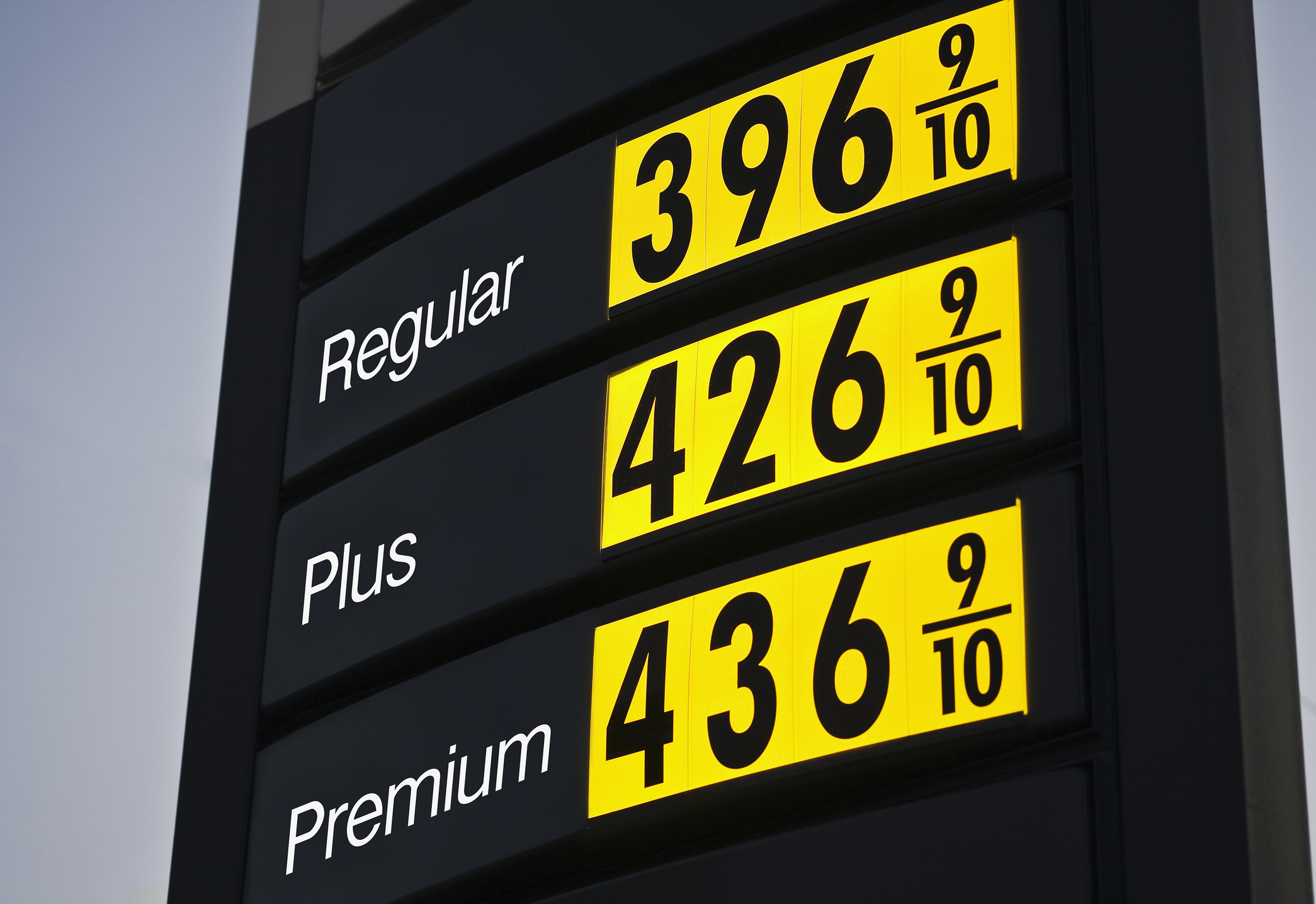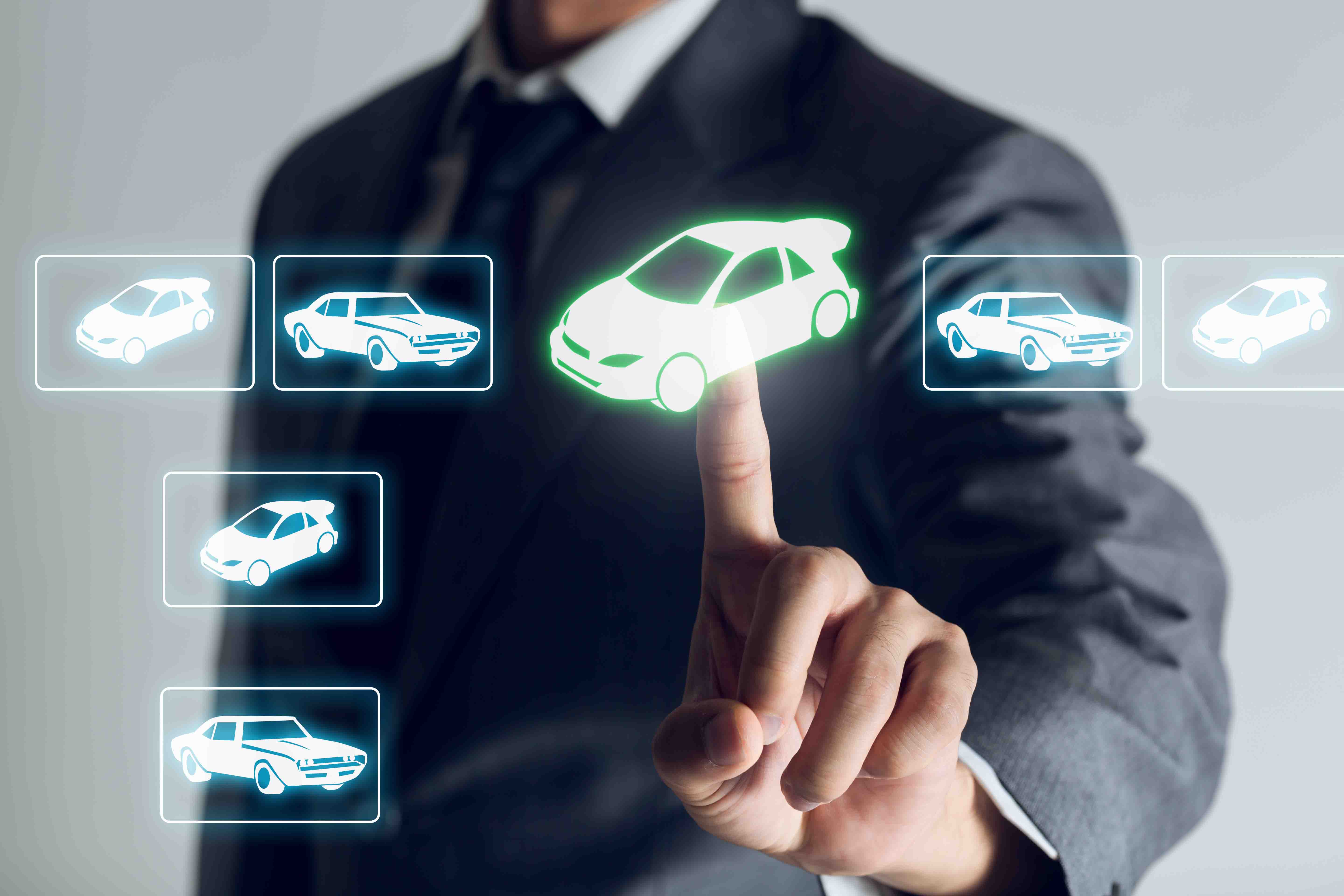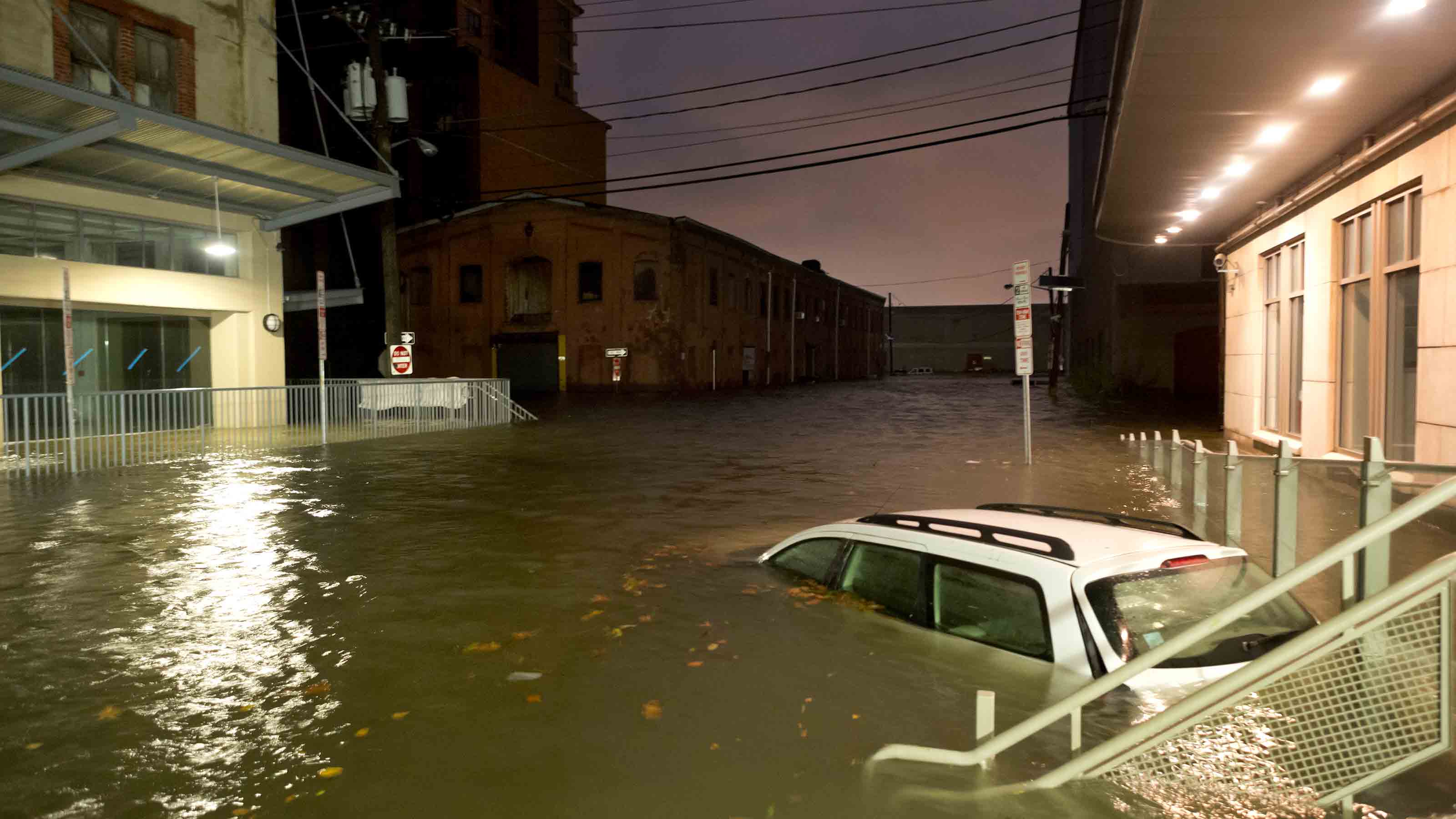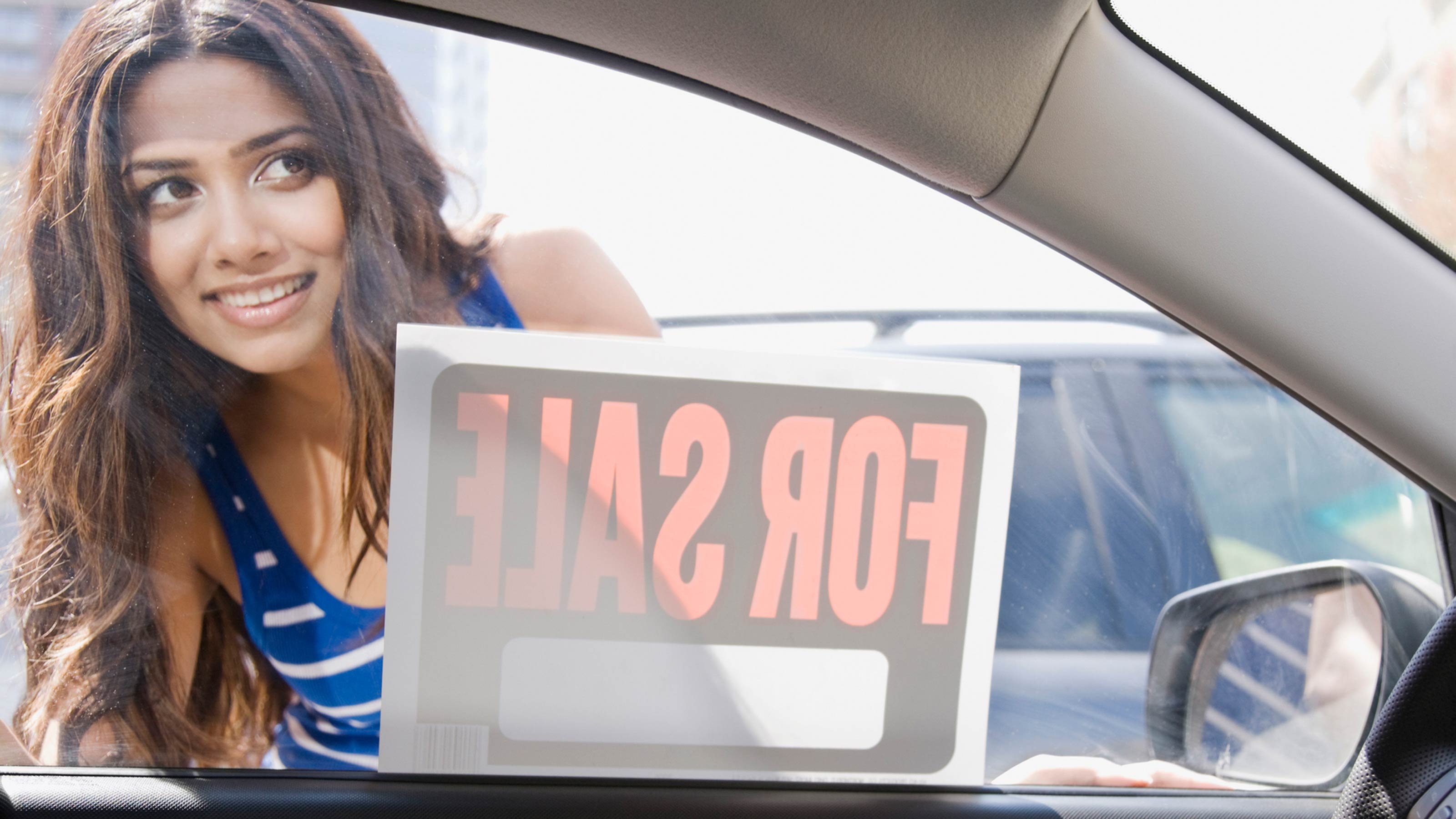Should You Buy Your Next Car New or Used?
There are cases when it’s better to buy new than used. Look for low-priced cars with high resale value.

Profit and prosper with the best of Kiplinger's advice on investing, taxes, retirement, personal finance and much more. Delivered daily. Enter your email in the box and click Sign Me Up.
You are now subscribed
Your newsletter sign-up was successful
Want to add more newsletters?

Delivered daily
Kiplinger Today
Profit and prosper with the best of Kiplinger's advice on investing, taxes, retirement, personal finance and much more delivered daily. Smart money moves start here.

Sent five days a week
Kiplinger A Step Ahead
Get practical help to make better financial decisions in your everyday life, from spending to savings on top deals.

Delivered daily
Kiplinger Closing Bell
Get today's biggest financial and investing headlines delivered to your inbox every day the U.S. stock market is open.

Sent twice a week
Kiplinger Adviser Intel
Financial pros across the country share best practices and fresh tactics to preserve and grow your wealth.

Delivered weekly
Kiplinger Tax Tips
Trim your federal and state tax bills with practical tax-planning and tax-cutting strategies.

Sent twice a week
Kiplinger Retirement Tips
Your twice-a-week guide to planning and enjoying a financially secure and richly rewarding retirement

Sent bimonthly.
Kiplinger Adviser Angle
Insights for advisers, wealth managers and other financial professionals.

Sent twice a week
Kiplinger Investing Weekly
Your twice-a-week roundup of promising stocks, funds, companies and industries you should consider, ones you should avoid, and why.

Sent weekly for six weeks
Kiplinger Invest for Retirement
Your step-by-step six-part series on how to invest for retirement, from devising a successful strategy to exactly which investments to choose.
At Kiplinger, we’ve hewed pretty closely to the same car-buying advice over the years: Used cars offer the best value. Not overspending on a depreciating asset fits well with our get-rich-slowly philosophy.
As designated car guy here, I’ve repeated that mantra plenty of times. But recently a friend challenged me on it. He was looking for something safe for his kids, with a stick shift and a hint of sportiness. Maybe a new Honda Civic or Toyota Corolla Hatchback? No problem with your choices, I said, but why not buy used? His counter: Carmaker subsidies made the interest rate he would pay for a loan on a new car much lower than the rates he was finding for used-car loans. Also, he argued, a three-year-old car would be that much closer to needing new tires, brakes and possibly major service.
“But ... but ... depreciation!” I sputtered. At the same time, I remembered that the models he was considering have super-high residual values. Maybe he was right? I resolved to run some numbers and check with experts to see if it ever makes more financial sense to buy a car new rather than used.
From just $107.88 $24.99 for Kiplinger Personal Finance
Become a smarter, better informed investor. Subscribe from just $107.88 $24.99, plus get up to 4 Special Issues

Sign up for Kiplinger’s Free Newsletters
Profit and prosper with the best of expert advice on investing, taxes, retirement, personal finance and more - straight to your e-mail.
Profit and prosper with the best of expert advice - straight to your e-mail.
Note that I said financial sense. Some people, for any number of reasons, will never buy a used car. Others won’t ever buy new (price is often the reason). My friend was in neither of these camps, and I imagine there are others like him.
What’s the answer? According to Ivan Drury, senior insights manager for Edmunds.com, there are cases when it’s better to buy new than used. “It isn’t even rare,” he says. “You need vehicles that are low-priced to start with and have high resale value.” Some examples he provided: the Toyota Tacoma pickup, the Toyota 4Runner (a popular old-school SUV), the Jeep Wrangler and the Subaru Crosstrek (a small crossover). “With these,” he says, “the price differential is not enough to say, ‘Hey, go out and buy a used car.’” It’s the opposite case for luxury vehicles. For these, favorable financing and free maintenance can’t make up for the huge depreciation hit, Drury says. Buy used.
What about the cars on your short list, which might be somewhere in between these two groups? I recommend starting with an online calculator, such as the Edmunds True Cost to Own tool, to consider all the costs (insurance, depreciation, maintenance and more) that go into car ownership. If you want to get deeper into the financing costs, also check out State Farm’s New Car vs. Used Car calculator, which (for better and worse) lets you input your own values for almost all of the parameters.
And, of course, it’s important to make an apples-to-apples comparison. Eric Ibara, director of KBB’s 5-Year Cost to Own tool, notes that cars get better and safer all the time. “There are a lot of features coming out on new cars that are not available on a three- or five-year-old car,” he says. “The safety technology, for example—some of the older cars had it, but not all of them did.”
Fortunately for my buddy’s situation, there’s not much difference between a 2020 Honda Civic and one from three model years earlier, 2017. So: For a Civic LX with a six-speed, over five years, it will cost $228 less to buy a 2020 model than a 2017 one. As expected, the new car costs more up front and depreciates more dramatically, but maintenance and repairs are higher for the used model. Not a huge difference, but don’t forget, you get that new-car smell along with your savings.
Want to follow along with the calculations for the Civic and some other models? Check out some of the spreadsheets I’ve published.
Profit and prosper with the best of Kiplinger's advice on investing, taxes, retirement, personal finance and much more. Delivered daily. Enter your email in the box and click Sign Me Up.

In his former role as Senior Online Editor, David edited and wrote a wide range of content for Kiplinger.com. With more than 20 years of experience with Kiplinger, David worked on numerous Kiplinger publications, including The Kiplinger Letter and Kiplinger’s Personal Finance magazine. He co-hosted Your Money's Worth, Kiplinger's podcast and helped develop the Economic Forecasts feature.
-
 5 Vince Lombardi Quotes Retirees Should Live By
5 Vince Lombardi Quotes Retirees Should Live ByThe iconic football coach's philosophy can help retirees win at the game of life.
-
 The $200,000 Olympic 'Pension' is a Retirement Game-Changer for Team USA
The $200,000 Olympic 'Pension' is a Retirement Game-Changer for Team USAThe donation by financier Ross Stevens is meant to be a "retirement program" for Team USA Olympic and Paralympic athletes.
-
 10 Cheapest Places to Live in Colorado
10 Cheapest Places to Live in ColoradoProperty Tax Looking for a cozy cabin near the slopes? These Colorado counties combine reasonable house prices with the state's lowest property tax bills.
-
 10 Things You Should Know About Buying a Car Today, Even if You've Bought Before
10 Things You Should Know About Buying a Car Today, Even if You've Bought BeforeIf buying a car is on your to-do list, and it's been a while since you went shopping for a new one, this guide will help avoid any nasty shocks in the showroom.
-
 Get the Best Car Deal in Retirement: Here's the Trick
Get the Best Car Deal in Retirement: Here's the TrickPlanning on shopping for a new car this Labor Day weekend? Here’s how to haggle for a better price, even though you're retired.
-
 7 Gas-Saving Tips That Actually Work
7 Gas-Saving Tips That Actually WorkThese are gas-saving tips that will actually work for you and your car this year.
-
 Want to Lease an EV? The Tax Credit 'Loophole' for That Is Going Away Soon
Want to Lease an EV? The Tax Credit 'Loophole' for That Is Going Away SoonTax Credits If you are deciding whether to lease or buy an electric vehicle, here is what you need to know about how the EV lease tax credit works now that it will be eliminated under Trump's new tax law.
-
 Car Buying in a Topsy-Turvy Market
Car Buying in a Topsy-Turvy MarketYou need a new car? Good luck with that! What should you do? We've got some answers.
-
 Watch Out for Flood-Damaged Cars from Hurricane Ian
Watch Out for Flood-Damaged Cars from Hurricane IanBuying & Leasing a Car In the wake of Hurricane Ian, more flood-damaged cars may hit the market. Car prices may rise further because of increased demand as well.
-
 Car Buyers: The 3-Day Grace Period Is Just a Myth!
Car Buyers: The 3-Day Grace Period Is Just a Myth!Buying & Leasing a Car Many car buyers think they have three days after making a purchase to return a car. Here’s where they’re going wrong, and what they should do instead to get a decent used car.
-
 PODCAST: Car-Buying in an Inflated Market with Jenni Newman
PODCAST: Car-Buying in an Inflated Market with Jenni NewmanBuying & Leasing a Car With cars both scarce and expensive these days, what to do if you want – or need – a new ride? Car-buying strategist Jenni Newman of Cars.com shares some tips. Also, more on the magical 9% savings bond.